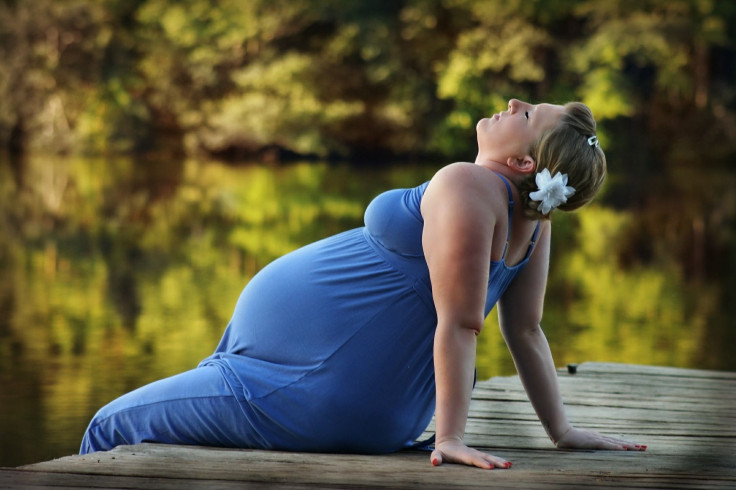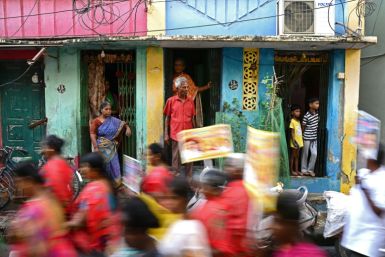Waiting Until 30 To Have A Baby May Help Women Live Longer

Women who have their first child in their 30s may live longer than women who have their first child in their teens or 20s, new research suggests. However, age of first pregnancy may not be the direct cause of this extended lifespan, as women who hold off on motherhood until later in life also tend to be more wealthy or have certain genes that may also explain their longevity.
While doctors normally stress that women try and conceive during their 20s for the best chance at carrying out a healthy, full-term pregnancy, the researchers suggest their finding offers evidence for waiting until your early 30s.
The study looked at the correlation between the age of parity and lifespan. For the purpose of the research, parity was measured as average age of women at birth of first child; average age of women at childbirth; and percentage of adolescent mothers.The researchers looked at data on women from various EU countries over the course of nine years.
Results revealed that pregnancy at older age correlated with longer life, especially if the pregnancy was the woman's first.
This is not the first time that older pregnancy has been linked increased longevity. A 2014 study came to the same conclusion, finding that women who had children after they turned 33 had a greater chance of living longer than women who had children before they turned 30. Although it’s more difficult to have children in your 40s, past research has shown that women who do so are four times more likely to live to 100 than women who had their last child at a younger age, Time reported.
It’s likely there are many factors at play in these results, both environmental and biological. For example, from a biological stance, although women are able to become pregnant sometimes well before age 18, the younger the woman is at pregnancy, the greater the risk for her and her baby, Facts for Life reported.
On the other hand, there may also be environmental and social factors at play leading to the long lifespan of older first-time moms. For example, older mothers tend to be more wealthy and more educated, which may mean that they can afford healthier food and have better access to healthcare, The Independent reported.
In addition, past research has also shown that women who gave birth at 33 or older were more likely to have genes linked to longevity than younger mothers, and it may be that the gene for the ability to reproduce at an older age and the gene for longevity are tied together, Time reported.
While having children in your 30s may have some benefits, it's also important for women who wish to conceive to not hold off pregnancy for too long as their chances of conception begin to drop after 35. According to Babycenter, after 35, women are at a greater risk of experiencing infertility or experiencing a miscarriage, and by age 40 only two in five women who try to become pregnant are able to. This is due to a number of factors, such as fewer high-quality eggs, more irregular periods, higher chances of blocked fallopian tubes, among others.
Source: Tavares AI. Women’s life span and age at parity. Journal of Public Health . 2017











